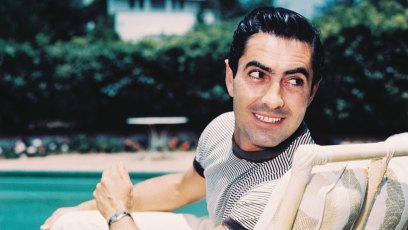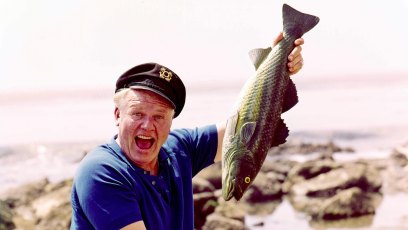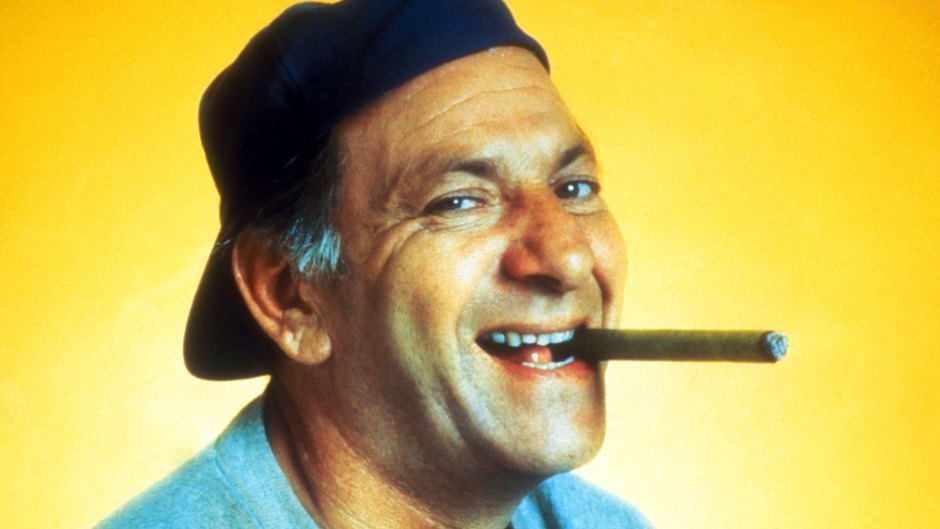
Paramount Television/Kobal/Shutterstock
Here’s What Happened to Jack Klugman Before, During and After ‘The Odd Couple’: The Highs and the Lows
When you think of the late Jack Klugman, what’s the first thing that comes to mind? Maybe it’s his iconic portrayal of Oscar Madison, one-half of the TV version of Neil Simon’s The Odd Couple (the other filled by Tony Randall). Perhaps his Broadway appearances, his starring role on the television series Quincy, M.E. or those four oh-so-impactful appearances he made on the original The Twilight Zone. Whatever it may be, those performances and many others can all be described in one word: memorable.
Jack was indeed memorable in pretty much everything he did, bringing an everyman quality to his characters, whether they were comedic or dramatic. Jim Rosin, an actor and writer who worked with him on Quincy, as well as the author of the book Quincy, M.E., the Television Series, offers, “He was intense and temperamental, particularly when those he worked with didn’t really give it their all. He possessed a lot of artistic integrity and he strove to maintain those high standards on the show.
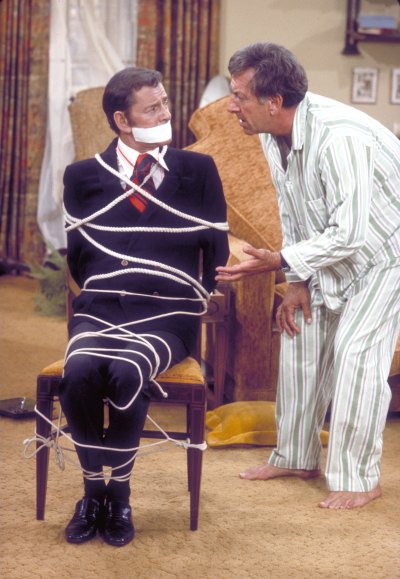
“I was fortunate to learn from him,” he continues, “because despite my youth and experience, I jumped into the arena with enthusiasm. And if I stumbled, even fell down, I got right back up. I believe he understood that at my stage of the game, there was no effort without error and shortcoming, so for that I had a lot of respect for him, because he was a very wise, experienced man that had come from a stage background and was a very, very hard worker. He was a compassionate man and a private man. He was a bit shy with people in public and very down to earth. He was South Philadelphia from the word go; he could sit in a bar and talk horse racing, sports or whatever you wanted to talk about.”
Journalist Mark Dawidziak, whose various books include Everything I Need to Know I Learned in the Twilight Zone, notes, “I think the quality of Jack Klugman’s work that made him so effective, whether in drama or comedy, was that he made the characters so down to earth, so grounded in reality and so relatable, whether giving voice to his frustrations with Felix on The Odd Couple, taking advice from an archangel on The Twilight Zone, shouting his indignation about some injustice on Quincy, M.E. or quietly considering evidence that might send a kid to the electric chair in 12 Angry Men. And off-camera, he was every bit as genuine and down-to-earth as his characters.”

Ed Robertson, Television historian, the author of numerous “making of” books and host of the podcast/radio show TV Confidential, reflects, “There’s a clip of Jack Klugman that always comes to mind when I think of him. He did not do a lot of game shows, but when he did, he not only played them seriously, but he showed a sense of joy and exuberance for the contestants. He did this whenever he helped the contestant win big money. He just went bananas, running out of his chair, hugging the contestant and just going bonkers. It’s just a pure expression of joy and happiness. It’s a response that sort of belies the public image of Jack Klugman. That public image is this kind of grouchy guy who could be hard on his writers, although as I understand that, he was hard on his writers only because he strove for excellence and that was it. It was that drive for excellence that he lived by and that he tried to instill in others. It seems to me that you did not have an authentic Jack Klugman conversation if he didn’t yell at you.”
For much more on Jack Klugman, please scroll down.
Listen on Spotify to Closer Classic Film and TV as we celebrate Classic TV with behind the scenes coverage, celebrity interviews, news and much more!

Globe Photos/mediapunch/Shutterstock

Moviestore/Shutterstock

Moviestore/Shutterstock

Warner Bros/Kobal/Shutterstock

United Artists/Kobal/Shutterstock

Duke Pinero/AP/Shutterstock

Anonymous/AP/Shutterstock

United Artists

Moviestore/Shutterstock

CBS Television Distribution

NBC

Paramount Television/Kobal/Shutterstock

CBS Television Distribution

Paramount Television/Kobal/Shutterstock


Playbill
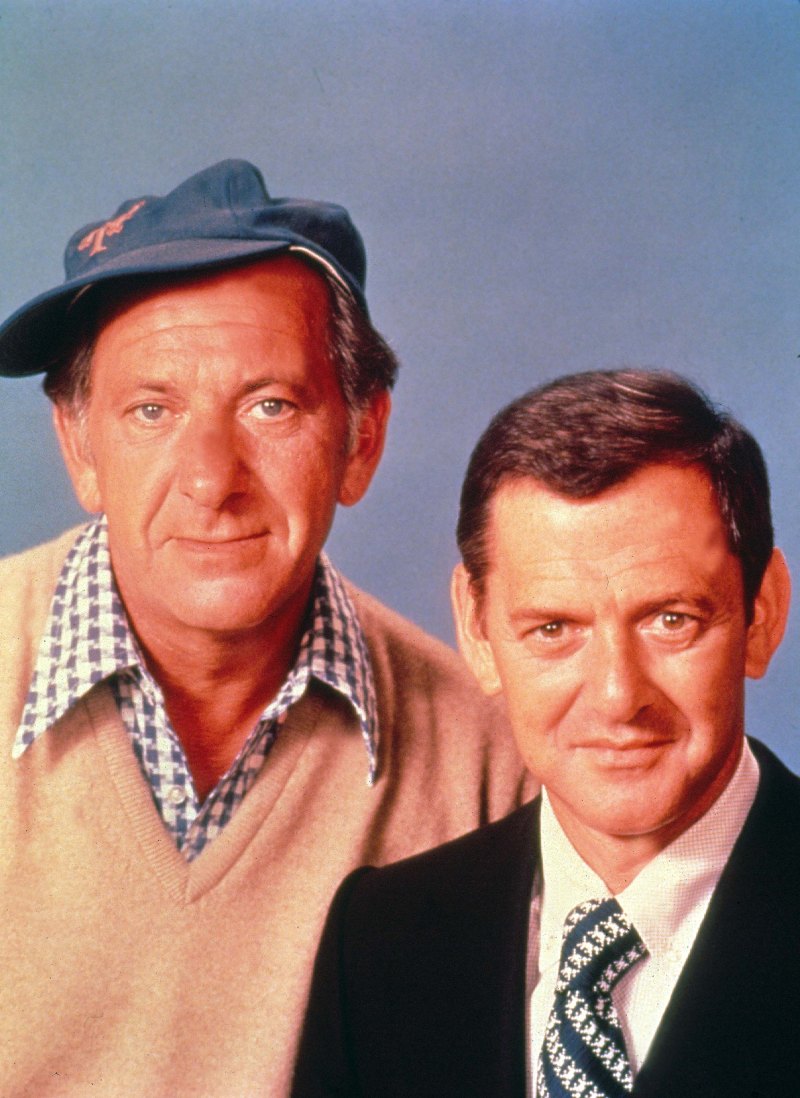
Moviestore/Shutterstock

Moviestore/Shutterstock

Paramount Television/Kobal/Shutterstock

Moviestore/Shutterstock

Moviestore/Shutterstock

CBS Television Distribution

Craig Fujii/AP/Shutterstock

Globe Photos/mediapunch/Shutterstock

Globe Photos/mediapunch/Shutterstock
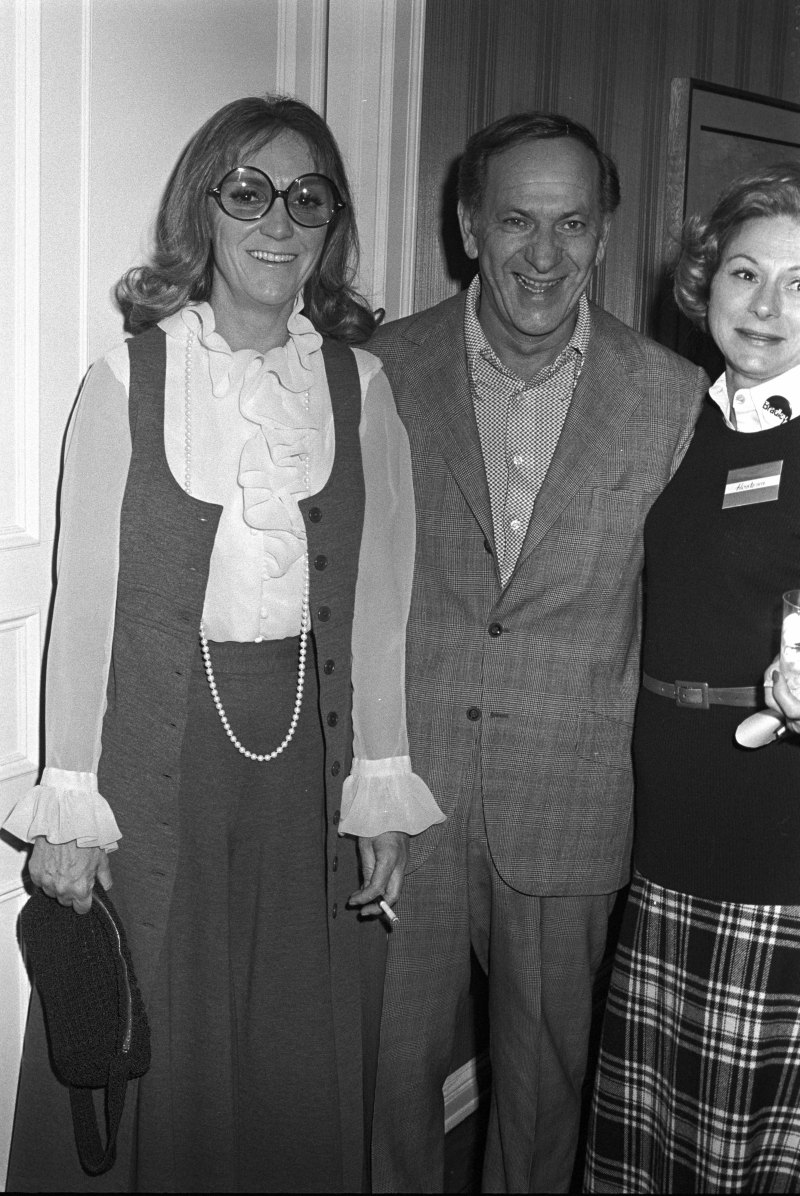
Fairchild Archive/Penske Media/Shutterstock

Fairchild Archive/Penske Media/Shutterstock

Jim Smeal/BEI/Shutterstock

United Artists/Kobal/Shutterstock

Mary Butkus/AP/Shutterstock









